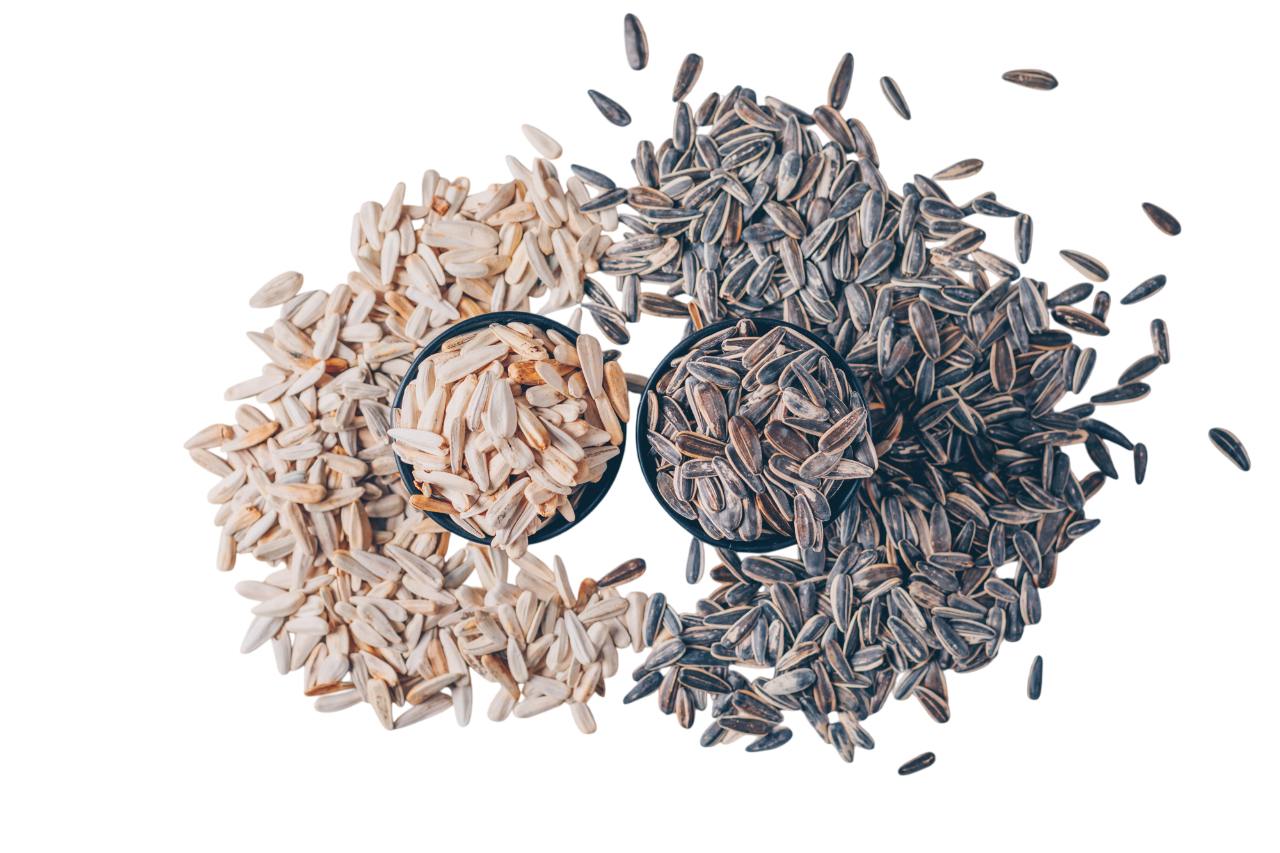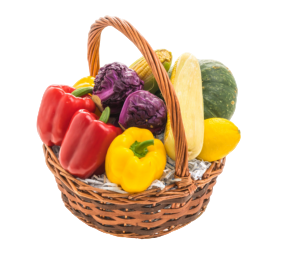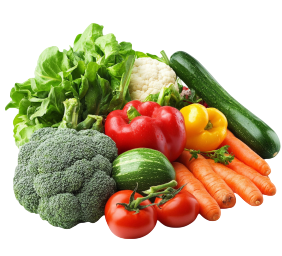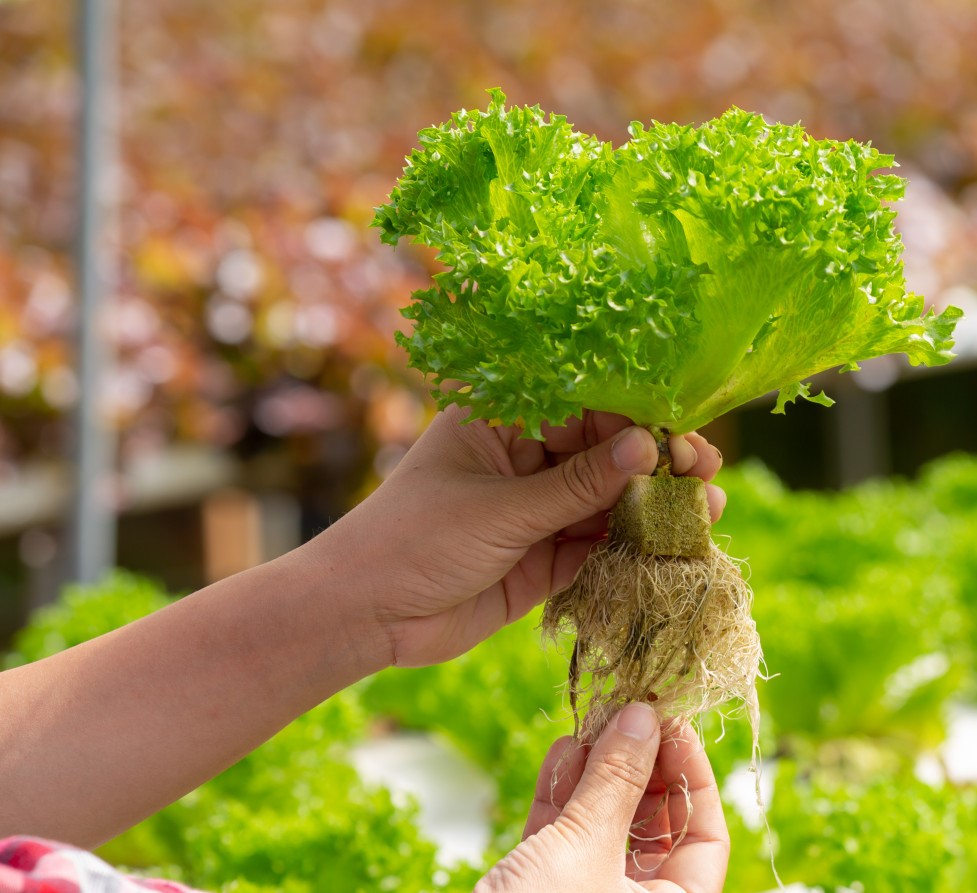Cultivating Organic Futures
Read MoreThe Green Reader
Our Features
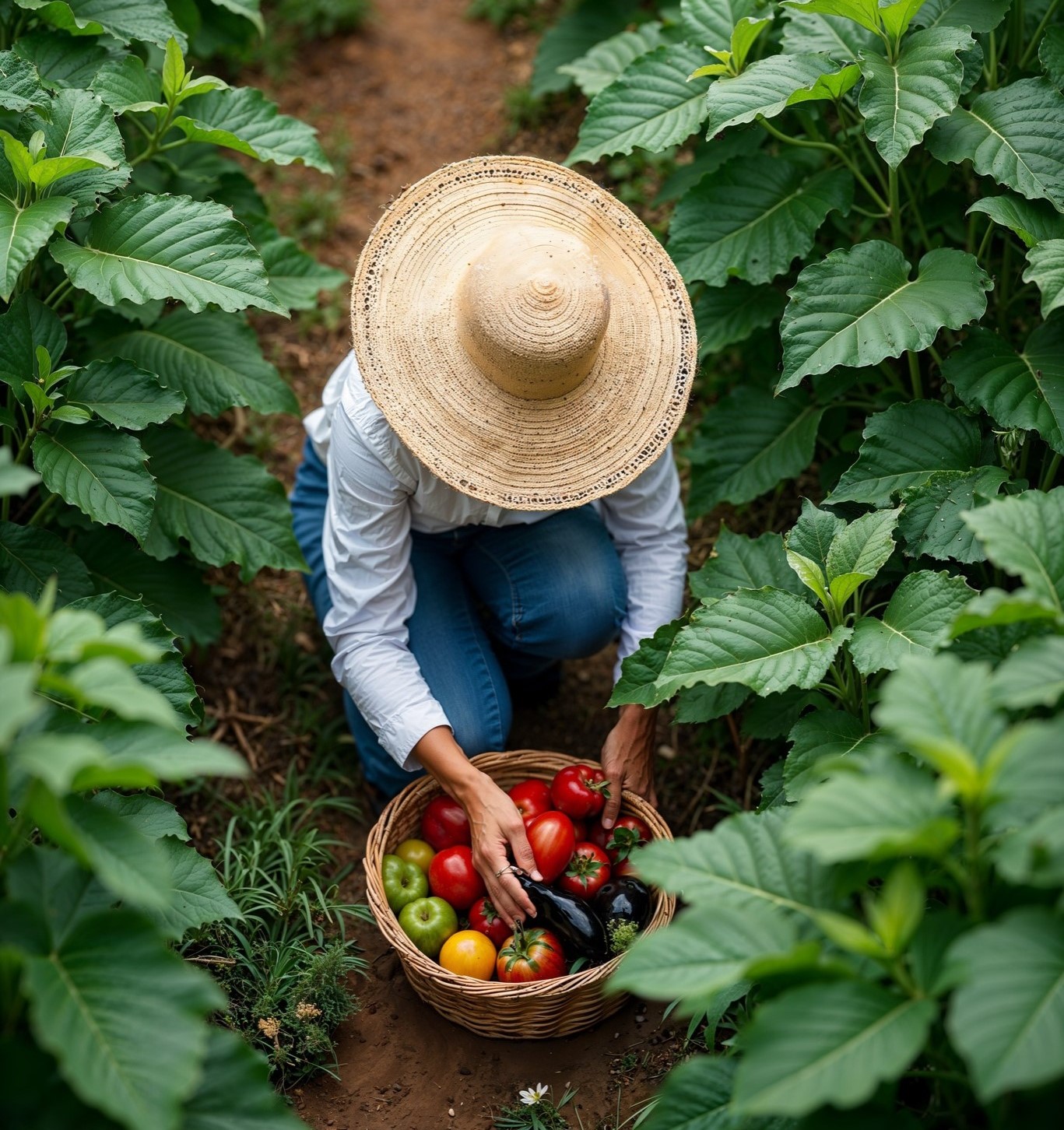
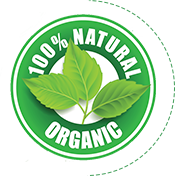
The Green Reader
The Role of Soil Health in Organic Farming
Soil health is fundamental to organic farming, as it directly impacts the quality and yield of crops. Organic farming prioritizes soil fertility through natural practices such as crop rotation, composting, and minimizing synthetic inputs. Healthy soil supports beneficial microorganisms and enhances nutrient cycling.
- We use sustainable practices to enrich the environment.
- Our crops are grown without synthetic pesticides or fertilizers.
Our Best Services
We Provide High Quality Service
Organic Cultivation
The practice of growing crops without synthetic fertilizers or pesticides, using natural methods to maintain ecological balance and soil health.
Read more
Vegetable Growing
Focused production of a variety of vegetables using sustainable practices that support local consumption and reduce environmental impact.
Read more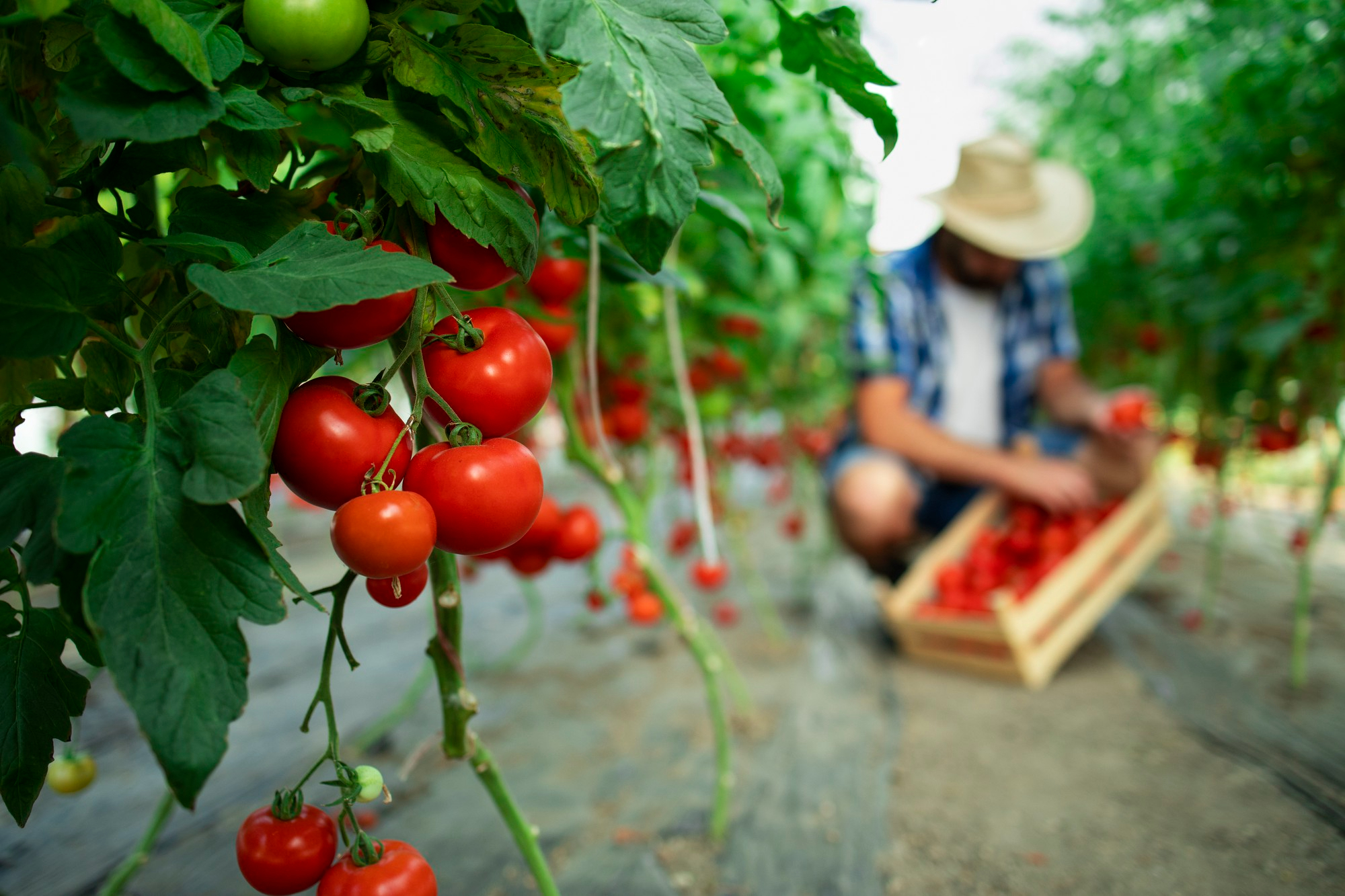
Soil Management
Techniques aimed at improving soil fertility and structure through composting, crop rotation, and organic amendments to ensure productivity.
Read more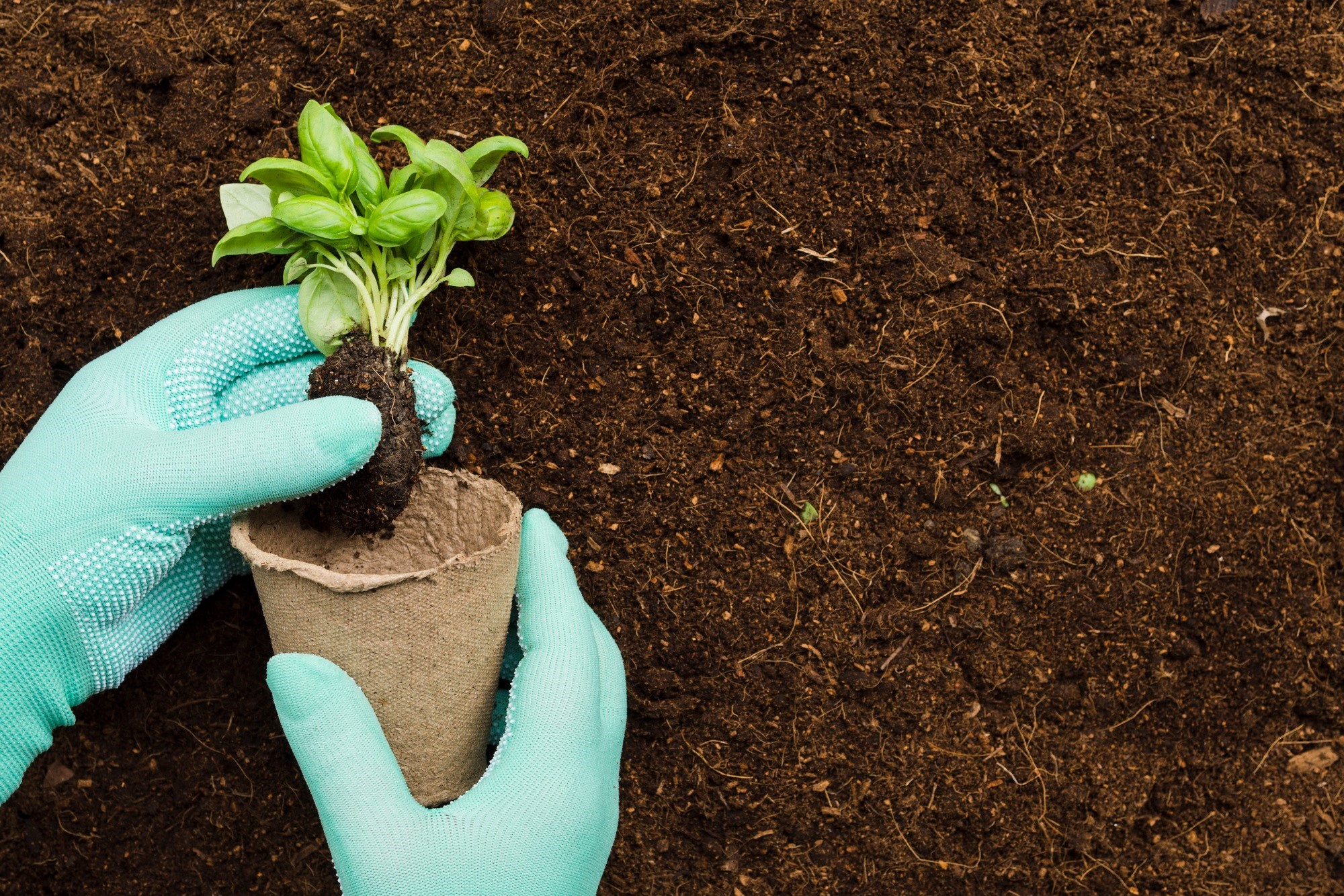
Smart Farming
Use of modern technologies like sensors, drones, and automation tools to optimize farm operations, increase yields, reduce labor, enhance precision.
Read more
Organic Farming Benefits
- Grown without harmful chemicals or synthetic pesticides
- Promotes healthier soil and improves biodiversity
- Supports sustainable agriculture and eco friendly practices

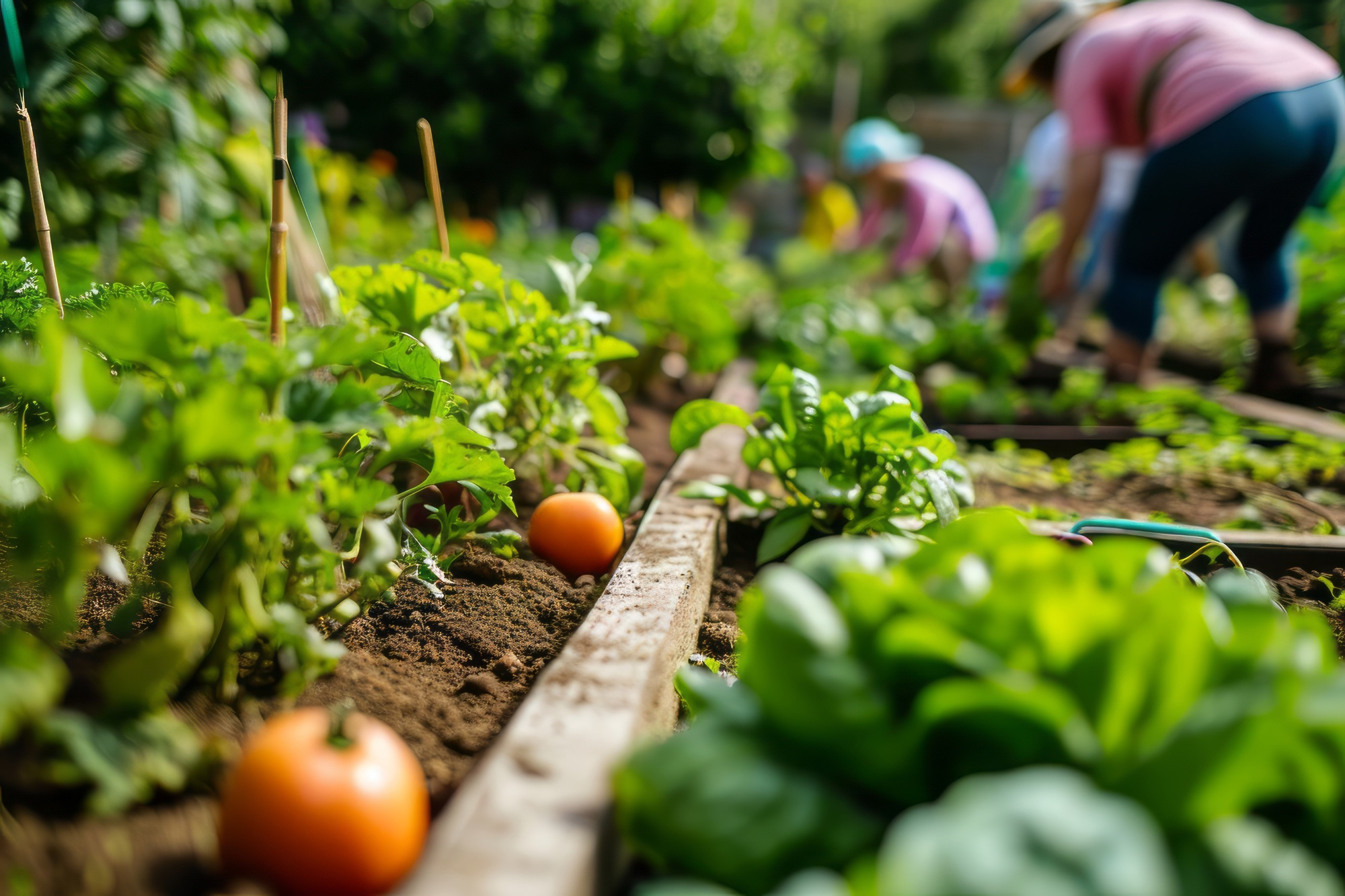
The Green Reader
Our Benefits
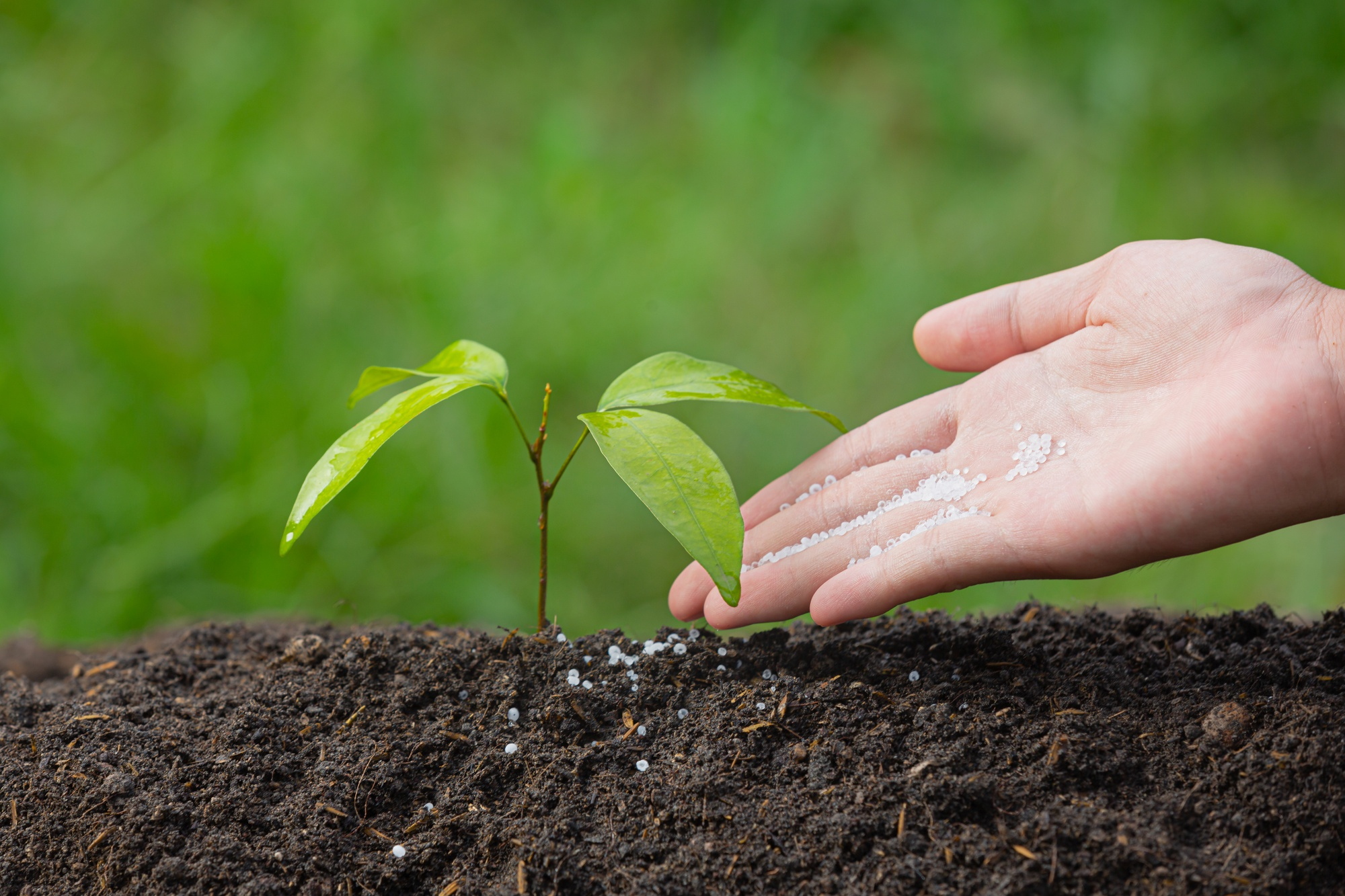
Improves The Soil Health
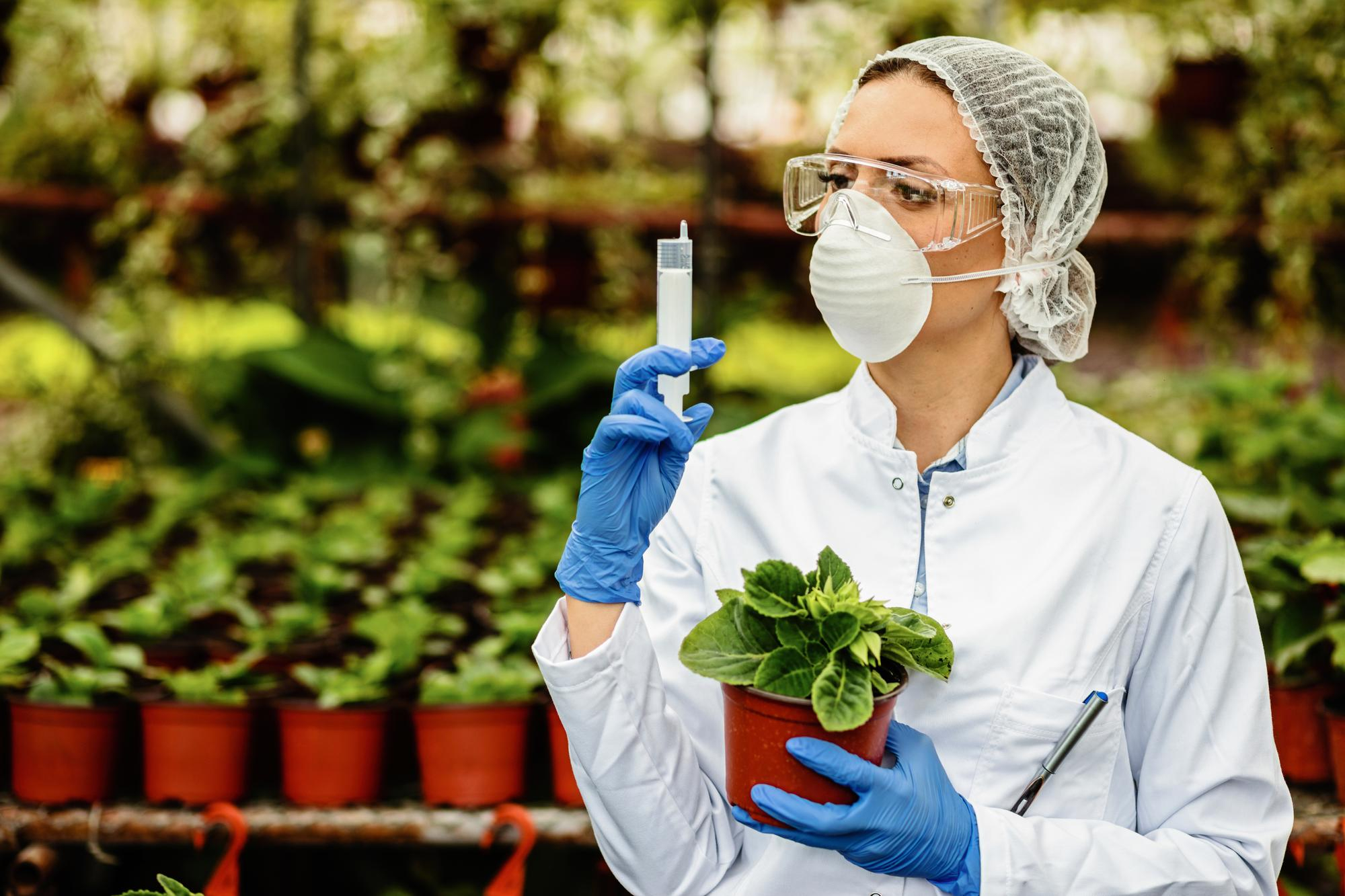
Reduces Chemical Exposure

Supports Biodiversity

Sustainable And Stable
Why Choose Organic Farming
Naturally Grown, Healthier for a Greener Tomorrow
Organic farming promotes eco friendly practices, nurtures soil health, and delivers food free from synthetic chemicals benefiting both you and the planet. It helps conserve water, reduce pollution, and supports biodiversity. By choosing organic, you contribute to a healthier environment and a sustainable future.
-
Supports sustainable and chemical free farming
-
Encourages biodiversity and soil regeneration
-
Delivers safer, fresher, and nutritious produce


The Green Reader
Back to Nature Farming


Uses Natural Inputs
Relies on compost, green manure, and bio-fertilizers instead of synthetic chemicals.
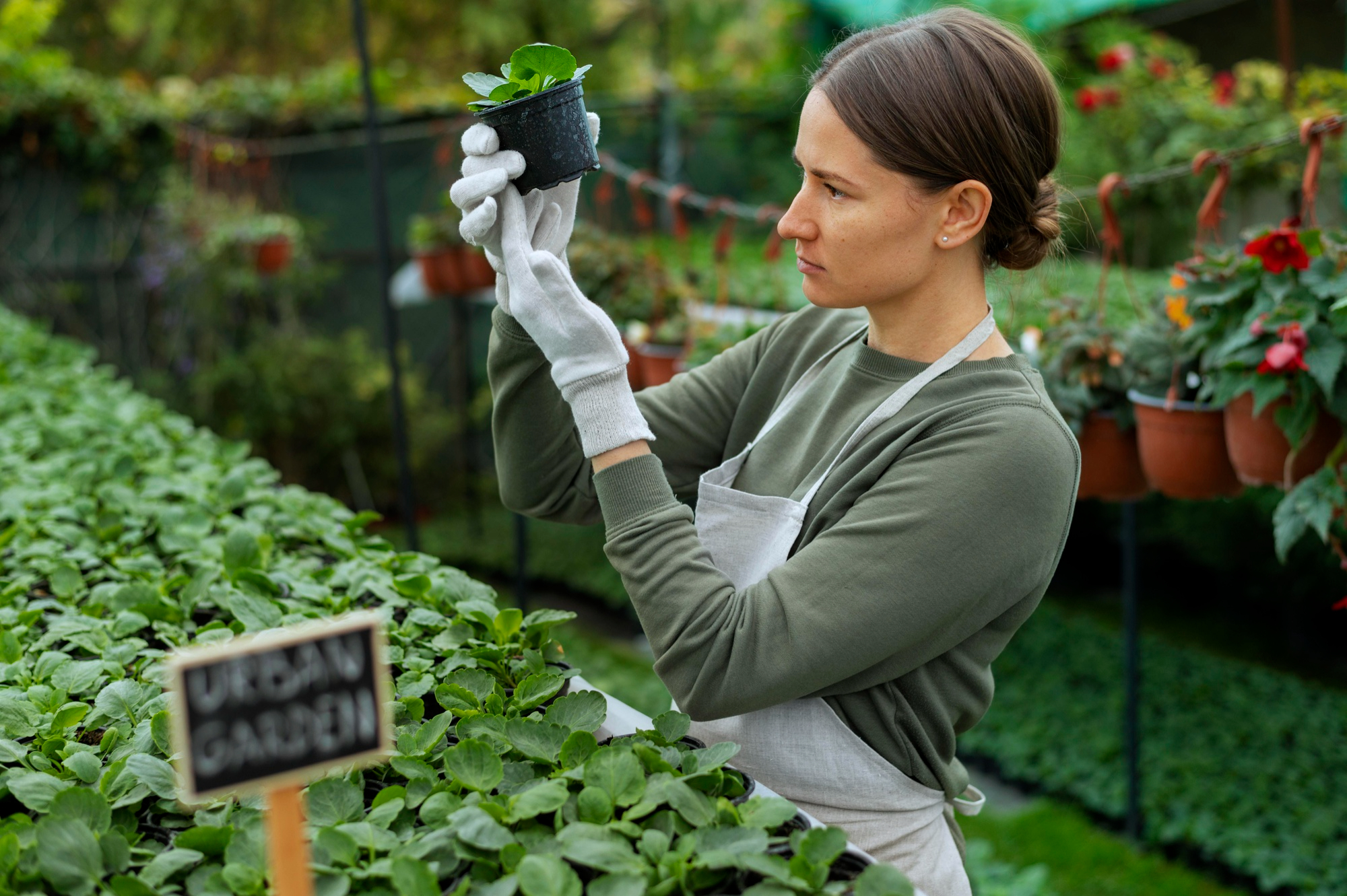

Natural Ecosystems
Encourages crop diversity, companion planting, and natural pest control methods.
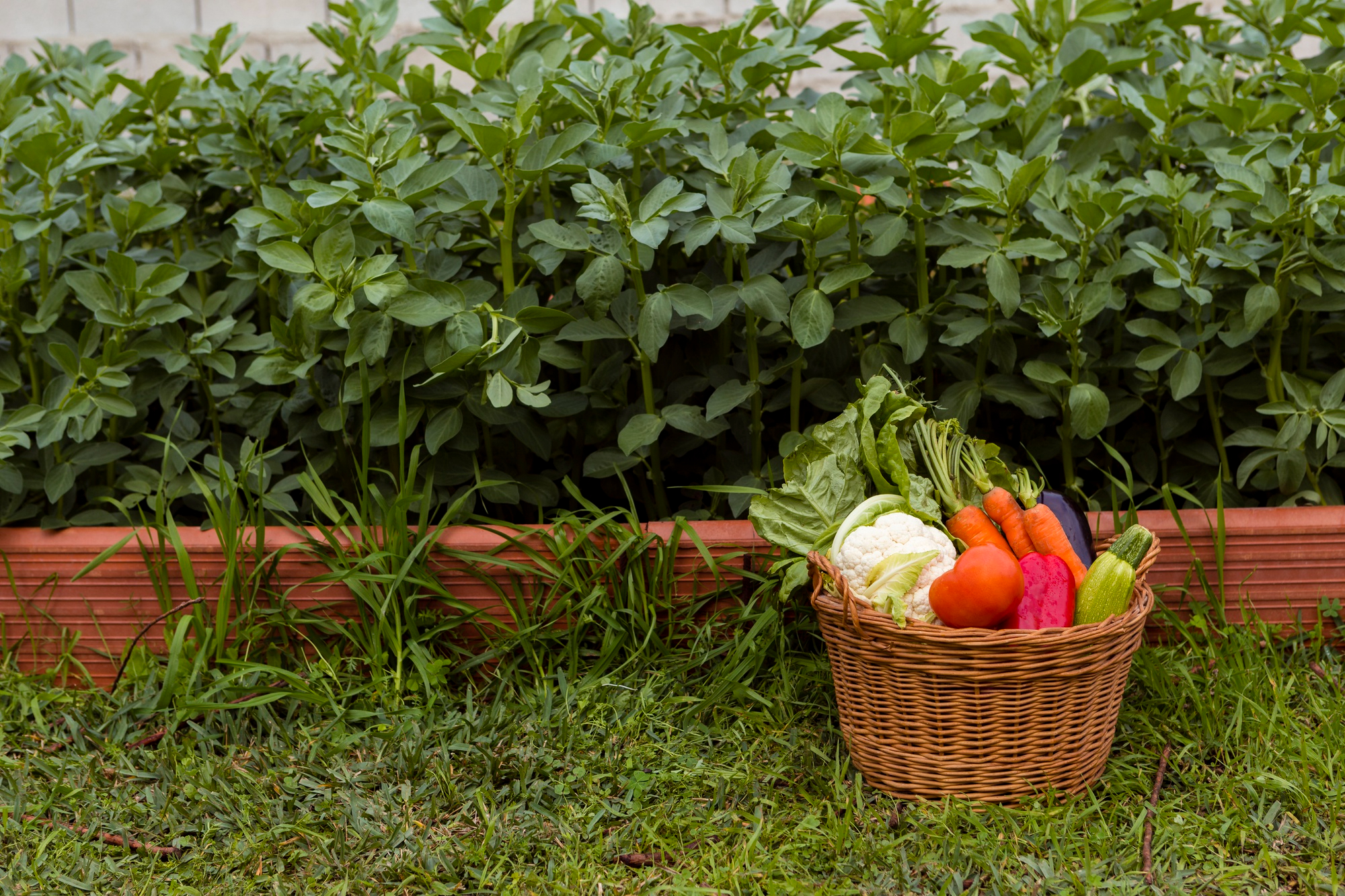

Protects Soil and Water
Enhances soil structure and reduces water pollution through eco friendly methods.
Steps in the Process of Providing
Organic Farming Services
From soil analysis to crop planning and eco friendly techniques, we offer end-to-end organic solutions.
Trusted by sustainable growers, our services promote healthy harvests and environmental balance.





